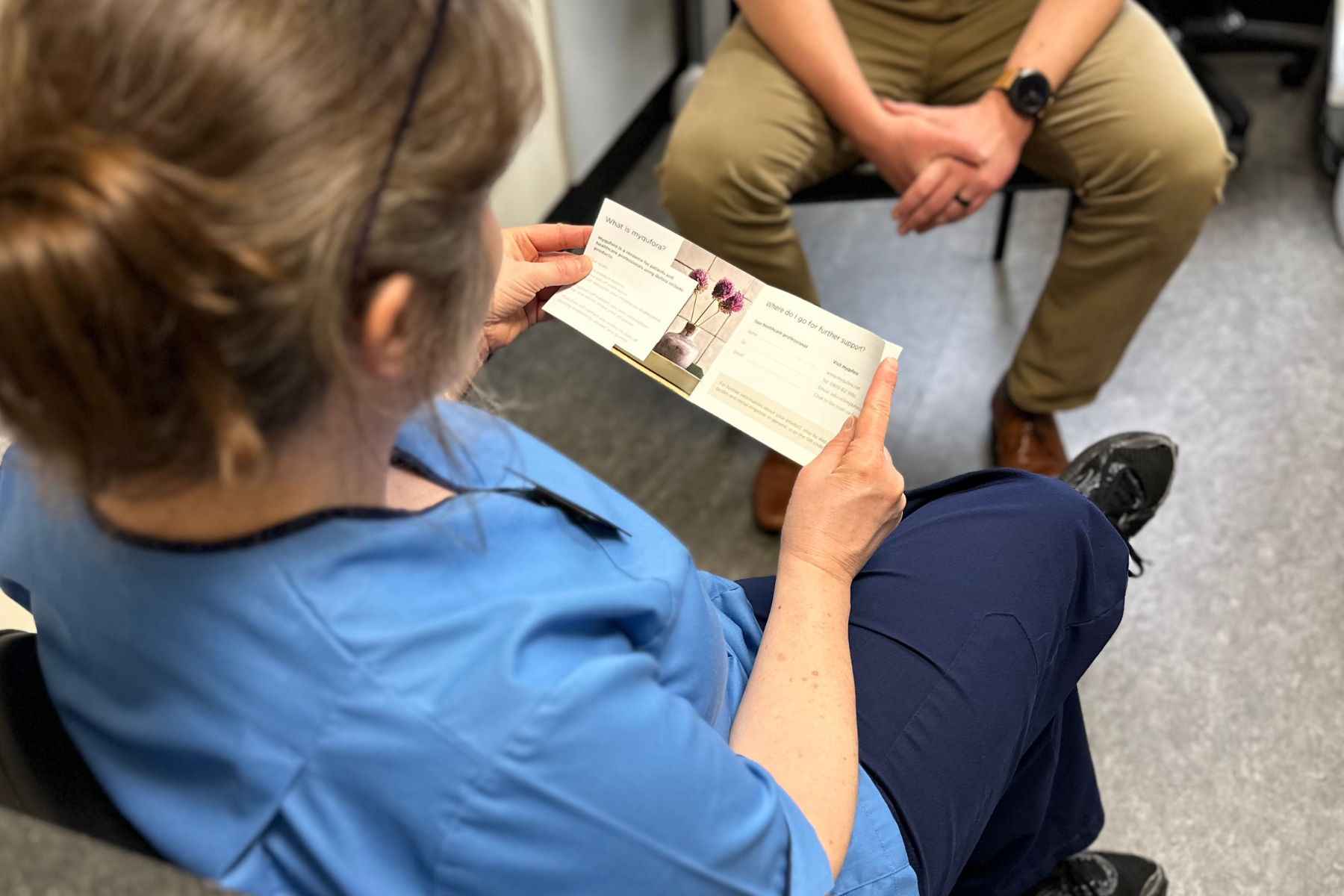Review By Michelle Henderson
Just imagine – you are doing your weekly shop, your trolley is full, you are waiting at the checkout – suddenly you feel the urge to move your bowels, you can’t stop it, there is faeces (poo) running down your leg onto the floor…. What would you do?
This happens in real life, the impact is devastating. You might not know if, or when, it could happen again. So you stop going out. When your friends ask you to go here and there, you decline. Your partner wants to take you out for a meal – you say no. You have to pick your children up from school, there is no one else to do it – but the anxiety this creates is huge, you leave the house at the last minute and rush back home – the children are unhappy, they want to go to the park with all their friends….
The impact of bowel symptoms is far reaching – not just for the individual but also their family and friends. Bowel symptoms can affect all aspects of lifestyle – work, leisure, relationships. Anxiety and depression are common amongst people with bowel problems. It is easy to become isolated and lonely.
We know that embarrassment is a barrier to accessing medical support. In a survey undertaken in 2021, more than 1 in 4 respondents (26%) have delayed visiting their doctor over something they consider to be embarrassing, equating to nearly 14 million people (Essity 2021).
Getting support is essential to maintain mental health. That support will be more helpful from those who understand your symptoms and its impact. Whilst discussing your bowel problems may feel awkward and embarrassing, even with close family and friends, it is worthwhile in the long term.
Most Embarrassing Incidents to Share with Family, Partners and Close Friends:
- Having wet or defecated yourself 46%
- Being in debt 23%
- Struggling with mental health 20%
- Sending a flirtatious text to the wrong person 14%
- Having lost your job 10%
- Having fallen out with a friend 5%
- Having lost an engagement ring 5%
Source: Essity (2021)
Further information, please visit:
www.talkhealthpartnership.com/support
Reference:
Essity (2021) Check for Change Campaign. Available at: https://www.essity.com/Images/Essity-Check-for-Change-Report-05_tcm339-122049.pdf. Accessed 29 April 2022







